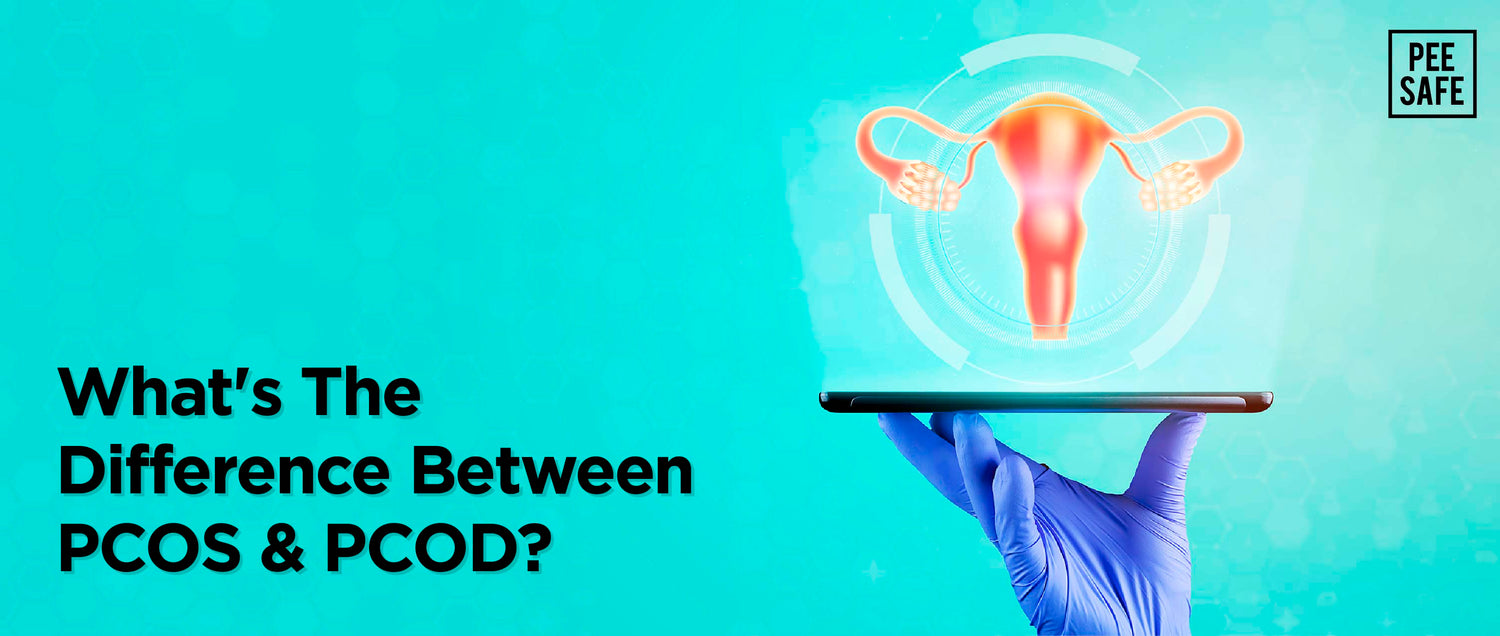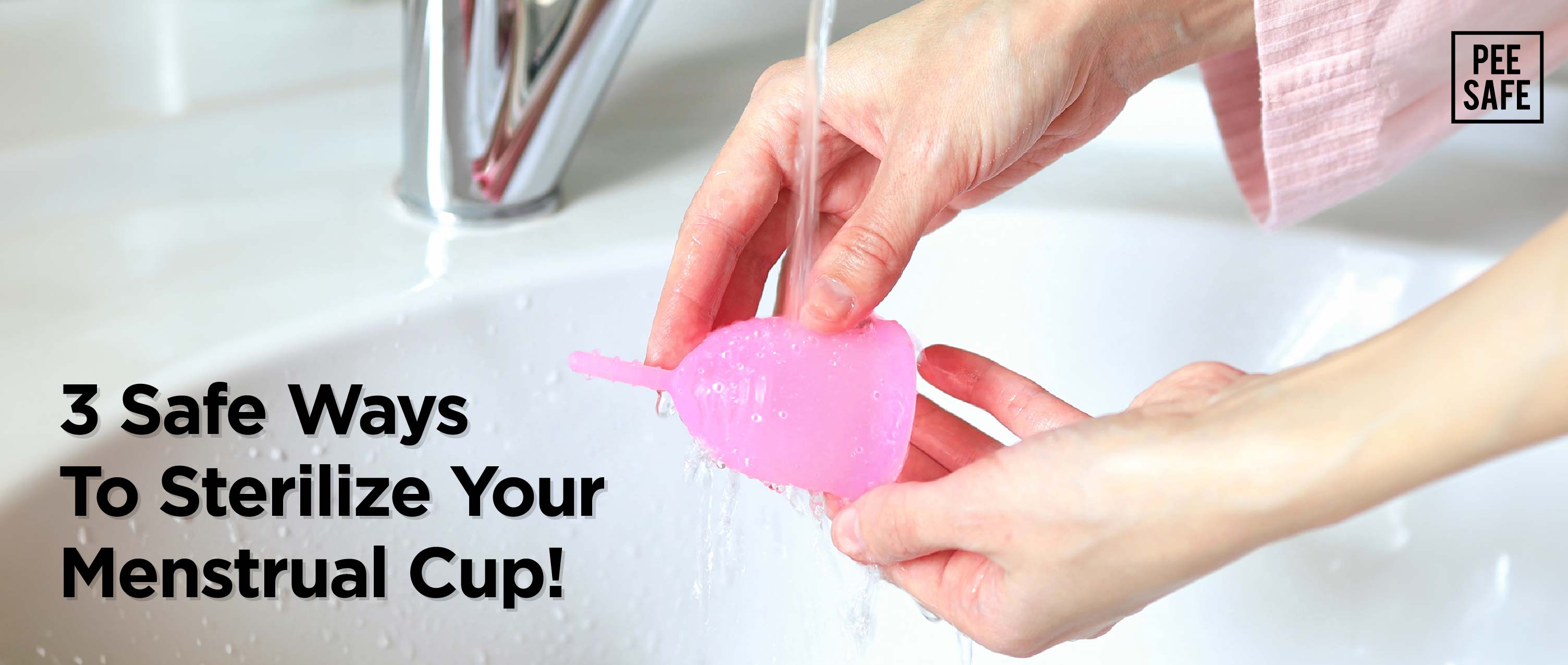You might’ve heard of these two medical conditions together, but they sure aren’t the same. PCOD and PCOS are conditions that affect a woman’s ovaries, and the reproductive organs that produce hormones that help in regulating the menstrual cycle. Women affected with PCOD produce higher-than-normal amounts of male hormones than the ones suffering from PCOS. This hormone imbalance causes irregular periods and also affects fertility.
What Is PCOS?
PCOS or Polycystic Ovary Syndrome is a metabolic disorder, which affects women during their childbearing years (between ages 14 and 44). Due to a spike in the levels of male hormones/androgens, a woman can get irregular periods or altogether might skip a period cycle. This change in the ovulation cycle also makes it difficult to get pregnant, promotes abnormal hair growth on the body and face, & can also lead to heart diseases and diabetes in the long term. This condition requires proper medical attention or surgical treatment.
The symptoms of this condition can be:
- Ovarian cysts
- Increased levels of male hormones
- Irregular period cycle
- Difficulty in getting pregnant
The causes of PCOS can are not exactly known, but some of the probable reasons are listed below:
- Excess insulin production
- Excess androgen production
- Low-grade inflammation
- Family genetics
What Is PCOD?
PCOD or Polycystic Ovarian Disease is a medical condition, which affects the ovaries, making them produce multiple immature eggs which turn into ovarian cysts over time. Ovaries are part of the female reproductive system, responsible for controlling the menstrual cycle and the production of hormones. The accumulation of the eggs causes the ovaries to swell up and makes them release large amounts of the male hormone, androgens, resulting in infertility.
The symptoms of this condition can be:
- Irregular Periods
- Infertility
- Acne breakouts
- Hair thinning
- Weight gain
Some of the causes of PCOD are:
- Family genetics
- Insulin resistance
- Inflammation
- Fluctuating weight
The treatment for both PCOD & PCOS focuses on the management of individual issues, such as irregular periods, obesity, infertility, or acne. It usually starts with lifestyle changes like weight loss, diet, and exercise. Although PCOD isn’t as serious as PCOS, both of these conditions can be treated if they’re detected in time.
Please note: The blog is not meant for medical diagnosis or treatment.
✍️ This article was curated by Nikhil Malla.




























